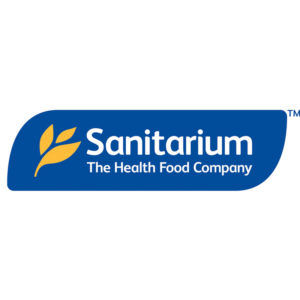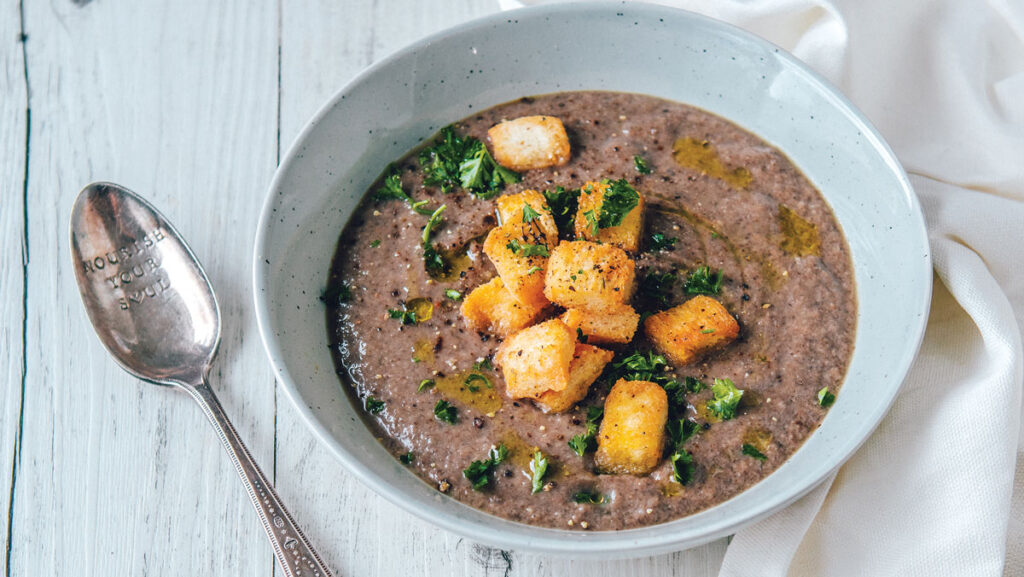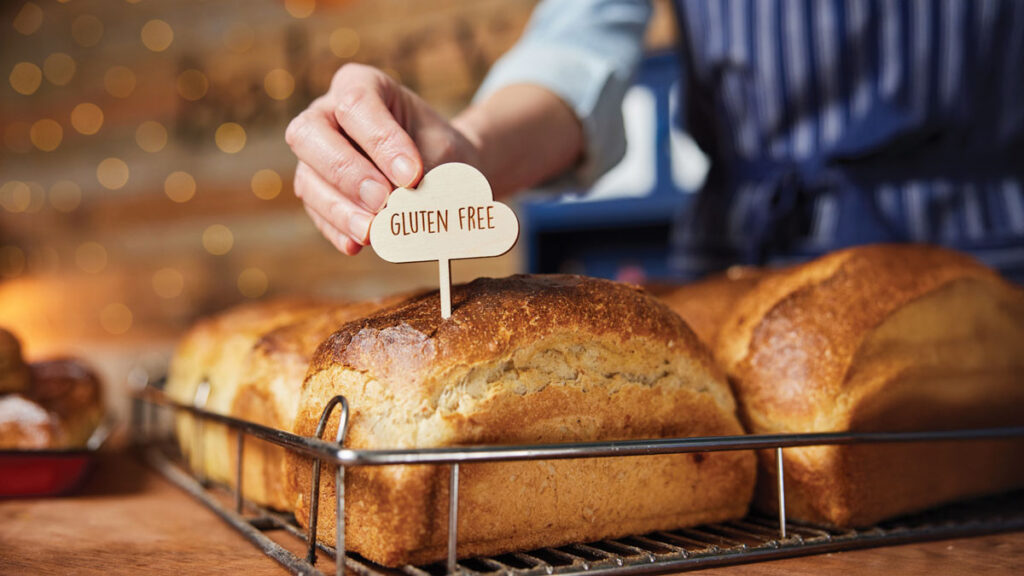Looking after your gut is one of the best things you can do for your physical and mental health, and it may be easier and cheaper than you think.
These days you can’t walk down a health food or vitamins aisle without over-priced products shouting gut health claims at you. Your gut is a lively hub for trillions of microorganisms known as gut flora or microbiota, essential for breaking down the foods you eat. For a healthy gut, you need a diverse range of gut microbiota and they need to be fed with the right kinds of foods.
But before you go reaching for expensive vitamins and probiotic products, Sanitarium’s dietitians say there are better and more affordable ways to nurture your gut—and these foods could already be in your fridge or pantry.
1. Frozen veggies
Research shows that eating 30 plant foods a week can support gut health by encouraging the growth of different species of “good” bacteria needed to keep our gut and overall health on track. Eating frozen vegetables is a cost-effective and convenient way to achieve this goal. They can be added to a variety of dishes including stews, stir-fry or steamed as a side. Nutrient-wise, they offer similar or even better nutrient quality than fresh veg.
2. Yoghurt
Some yoghurts contain probiotics, like certain strains of lactobacillus or bifidobacteria. Probiotics are live microorganisms that, when consumed in adequate amounts, provide a health benefit. Probiotics can support health in different ways, from helping your immune system function properly, aiding digestion by breaking down some of the food we can’t digest, and even keeping harmful microorganisms in check. When choosing yoghurts, opt for a plain or Greek yoghurt, and add your favourite fruit to it for more flavour. And if you are wanting that gut-loving hit, look for ones that contain probiotics.
3. Wholegrain bread and breakfast cereals
Fibre is super important for gut health; in fact it’s linked to several benefits, including supporting regular bowel movements, microbiota diversity and an overall healthy digestive system. It is recommended that women aim for at least 25g of fibre per day, and men aim for at least 30g per day. When choosing breads and breakfast cereals look for the words “wholegrain” or “wholemeal” at the top of the ingredient list.
4. Canned beans and legumes
There’s a huge variety to choose from including chickpeas, cannellini beans, lentils and kidney beans. They are great flavourful additions to dishes like tacos, curries or pasta sauce and a great meat substitute thanks to their protein content. Beyond their flavour, they are loaded with dietary fibre that helps to keep you full for longer and feeds your gut bacteria.
5. Extra virgin olive oil (evoo)
Research has shown that the polyphenols in evoo can act as a prebiotic by encouraging the growth of good gut bacteria. It also helps reduce the growth of bad gut bacteria, leading to reduced inflammation and improved overall gut health. In addition to frying and roasting, it’s also great used as a salad dressing. For more information and research references check out the full article on the Sanitarium website.






